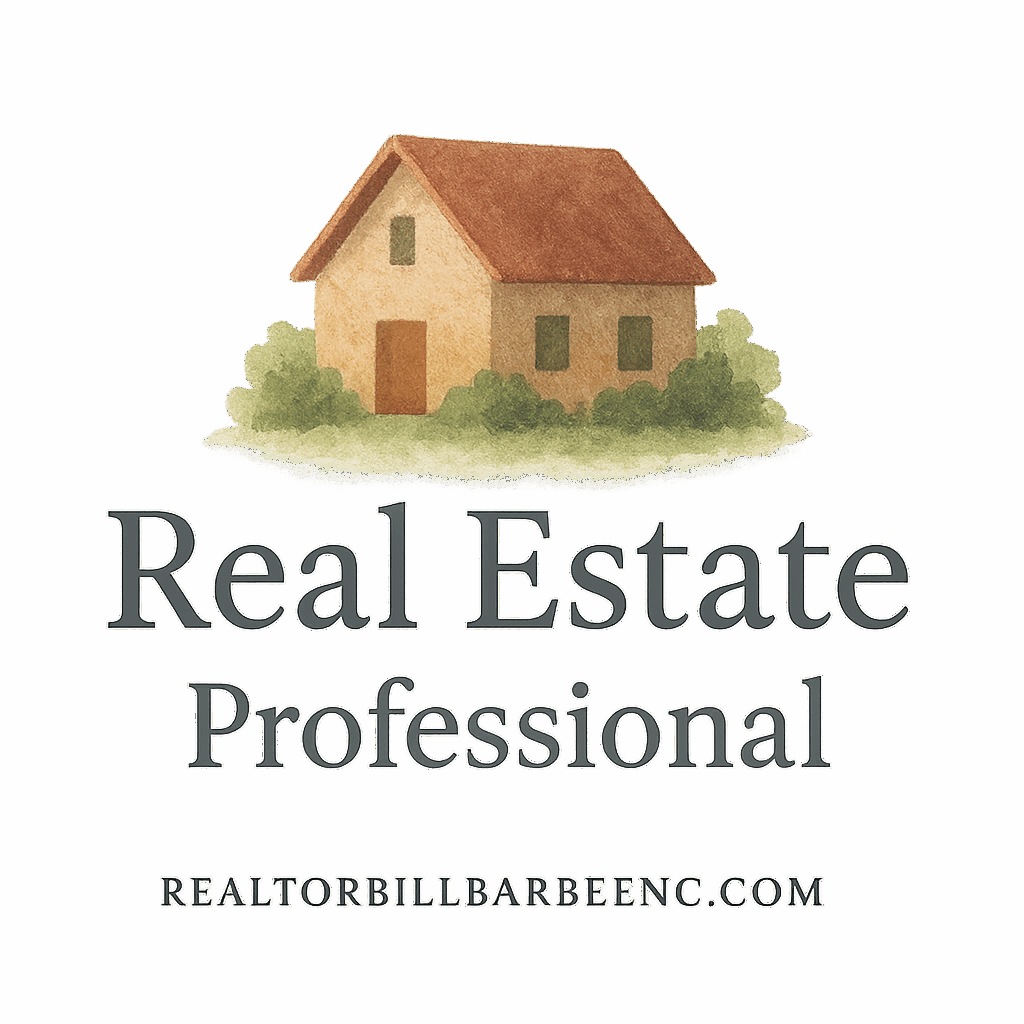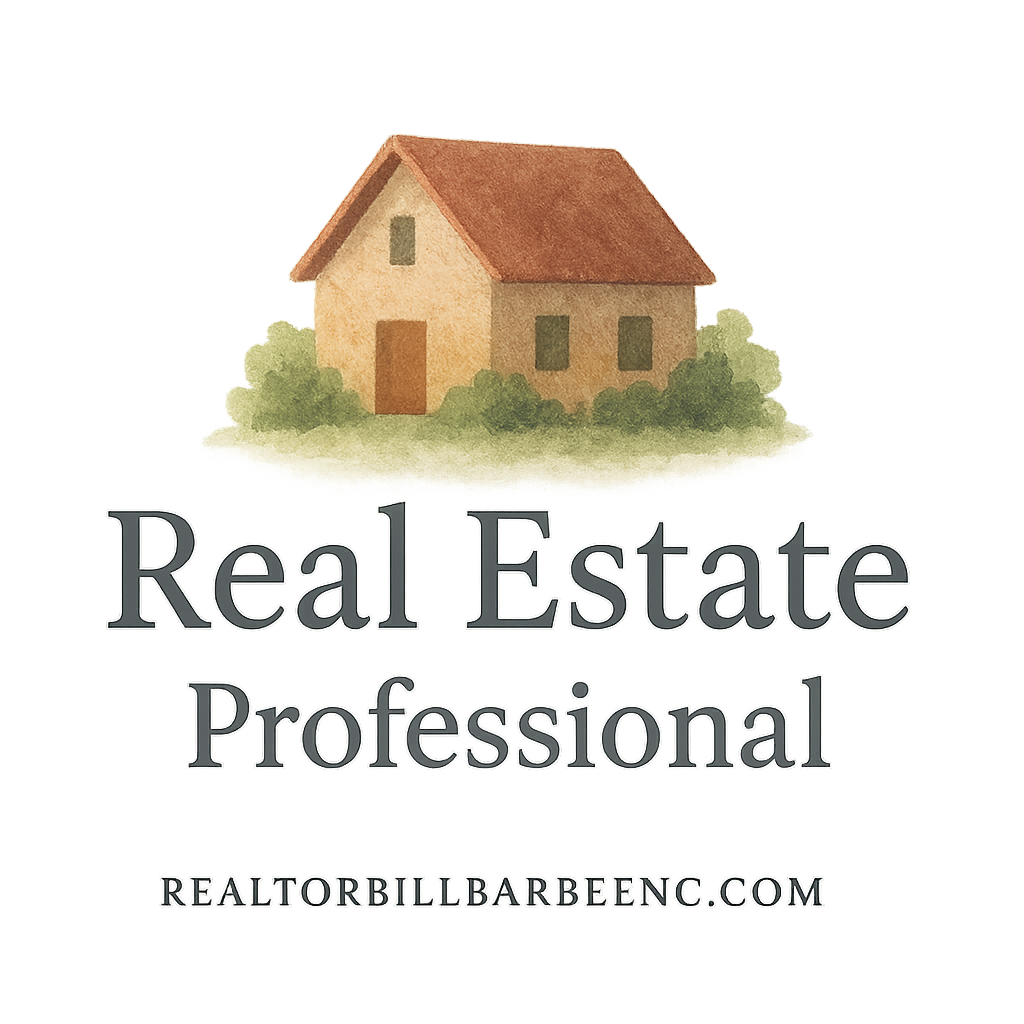Buying a home in North Carolina is exciting, but staying ahead of the curve matters. These 10 real estate trends will help you make savvy decisions whether you’re a first-time buyer or seasoned investor. Let’s dig in!
1. Booming NC Housing Market – What’s Fueling It?
• Population & Job Growth
North Carolina attracts a surge of newcomers every year. Cities like Raleigh, Charlotte, and Greensboro are thriving hubs for tech, finance, and healthcare. This growth is driving home demand through the roof. Think of it as the state’s real estate engine gaining horsepower.
• Urbanization in Charlotte & Raleigh
Urban areas are hot. Millennials, retirees, and remote workers alike are moving to walkable vibrant communities near arts, eateries, and nightlife. Want in? Focus your search on neighborhoods offering that city feel with suburban affordability.
2. Buyer Competition & Bidding Wars
• Multiple Offers on Listings
In many NC markets, homes receive 5–10 offers within days. Low inventory + high demand = intense competition. If you’re casually browsing, you’ll likely miss out.
• Strategies to Stand Out
- Include a personal letter
- Limit contingencies (when safe)
- Consider an appraisal gap waiver
- Work with an aggressive, experienced agent
Want pro tips? Visit agent resources for negotiation strategies and insider tactics.
3. Remote Work = New Location Priorities
• Suburban Shift
North Carolina buyers are increasingly prioritizing space, yards, and proximity to parks and good schools—since commuting isn’t daily for many. Suburbs are the new gold.
• Internet & Work‑from‑Home Friendly Homes
High-speed internet, extra bedrooms or office space, and strong cell reception are hot search filters. A quiet corner to Zoom matters more now than proximity to freeways.

4. Inventory Shortages & New Construction
• Low Inventory Impact
Most NC ZIP codes are still in a seller’s market. Houses are flying off the listings faster than we can hit “refresh.” That means less choice and upward pressure on prices.
• New Developments & Build‑to‑Suit
To fight shortages, builders are popping up like weeds: mixed-use communities, garden-style neighborhoods, and build-your-own homes. Want architectural flair or top-of-the-line finishes? Building new is your ticket.
Check out insights on the housing market and NC neighborhoods right here: real estate market insights | nc neighborhoods.
5. Mortgage Rates & Financing Trends
• Historic Rate Fluctuations
Mortgage rates have been rollercoastering—some days under 3%, others above 6%. Locking in quickly saves thousands, but shoppers should shop around. A solid local mortgage broker can help.
• Non‑Traditional Financing
ARMs, jumbo loans, and portfolio financing are gaining traction. Especially if you’re buying a custom-built home or an investment property. Consider an ARM if you’re planning to refinance or sell within a few years.
6. Sustainability & Green Home Features
• Energy‑Efficient Appliances & Solar
NC buyers increasingly want homes with ENERGY STAR appliances, solar panels, and geothermal heating. Long-term utility savings + resale appeal = win-win.
• Resale Value in Eco‑Friendly Homes
Homes with green certifications often appreciate faster and sell more quickly. If you ever move again, your eco-savvy upgrades pay dividends.
7. Tech‑Driven Homebuying
• Virtual Tours & 3D Walkthroughs
Can’t visit in person? No problem. Real estate agents in NC are using Matterport, 3D apps, and virtual open houses to let buyers tour homes virtually—and often before hitting the market.
• Mobile Apps & e‑Closings
From Zillow and Redfin to DocuSign for papers, most of the homebuying process can happen on your phone. This is a trend that’ll stick, especially for digital-first Gen Z and millennial buyers.
8. NC Neighborhood Hotspots & Hidden Gems
• Up‑and‑Coming Areas Outside Big Cities
Check out places like Waxhaw, Knightdale, Cary, and Concord. They’re gaining momentum—more affordable, yet trending up in popularity. You’ll want to jump in before prices catch up.
• Established Communities with Value
Areas like Ballantyne (Charlotte), North Hills (Raleigh), and Historic Wilmington balance infrastructure, schools, and resale value remarkably well.
For deeper neighborhood breakdowns, explore these pages:
9. Millennial & Gen Z Buyer Influence
• Lifestyle & Amenities Preference
Younger buyers want less lawn and more lifestyle—think trails, fitness centers, co-working nearby. Gated golf communities? Not as compelling anymore. They want connection and convenience.
• Affordability & Starter Homes
First-time buyers are targeting smaller footprints: duplexes, townhomes, condos. Built‑in equity + lower cost = easier entry. Make your listings stand out with flexible layouts and shared amenities.
Explore tips for buyers and to avoid mistakes here:
10. Future Outlook: Predictions for NC Real Estate in 2025
• Price Forecasts
Experts see 4–6% annual price growth continuing, though slower than the red-hot pandemic years. Affordability constraints may cap gains—but not halt them.
• Policy & Supply‑Side Trends
Look for new zoning rules encouraging density (Accessory Dwelling Units = ADUs), as NC cities adapt to more demand. Infrastructure investments (roads, broadband) will follow housing growth.
See more on 2025 projections & video strategies here:
Conclusion
So there you have it: 10 real estate trends every North Carolina buyer should know. From booming markets and bidding wars, to remote-work requirements and green upgrades—understanding these will give you the edge. Lean in, stay informed, and use these insights to make smarter, smoother moves in the NC housing market.
Frequently Asked Questions
1. How long will the NC housing boom last?
Most analysts expect steady growth through 2025–2026, though the pace may moderate. Planning for steady appreciation is wise.
2. Are interest rates going up or down?
Rates are trending between 5–6%, fluctuating daily. Lock in a rate when you find one that fits—but consult a local mortgage pro for timing.
3. Is it better to buy new construction or existing homes?
It depends. New homes offer customization, energy efficiency, and fewer repairs—often at a premium. Existing homes might have more charm and established neighborhoods.
4. What areas offer the best value for money?
Emerging suburbs like Waxhaw, Knightdale, and Concord offer affordability plus big-city access. Ballantyne and Cary remain strong long-term bets.
5. Should I build in sustainability features?
Absolutely. Solar panels, efficient HVAC systems, and ENERGY STAR appliances increase appeal, reduce costs, and improve resale—especially with eco-conscious buyers.
6. How can I stay competitive in bidding wars?
Prepare early: get pre‑approved, limit contingencies, and work with a savvy local agent. A personal letter never hurts either.
7. How do I find local market insights and resources?
Explore real estate market insights for city data, trends, and analysis—especially if you’re buying in NC in 2025.


